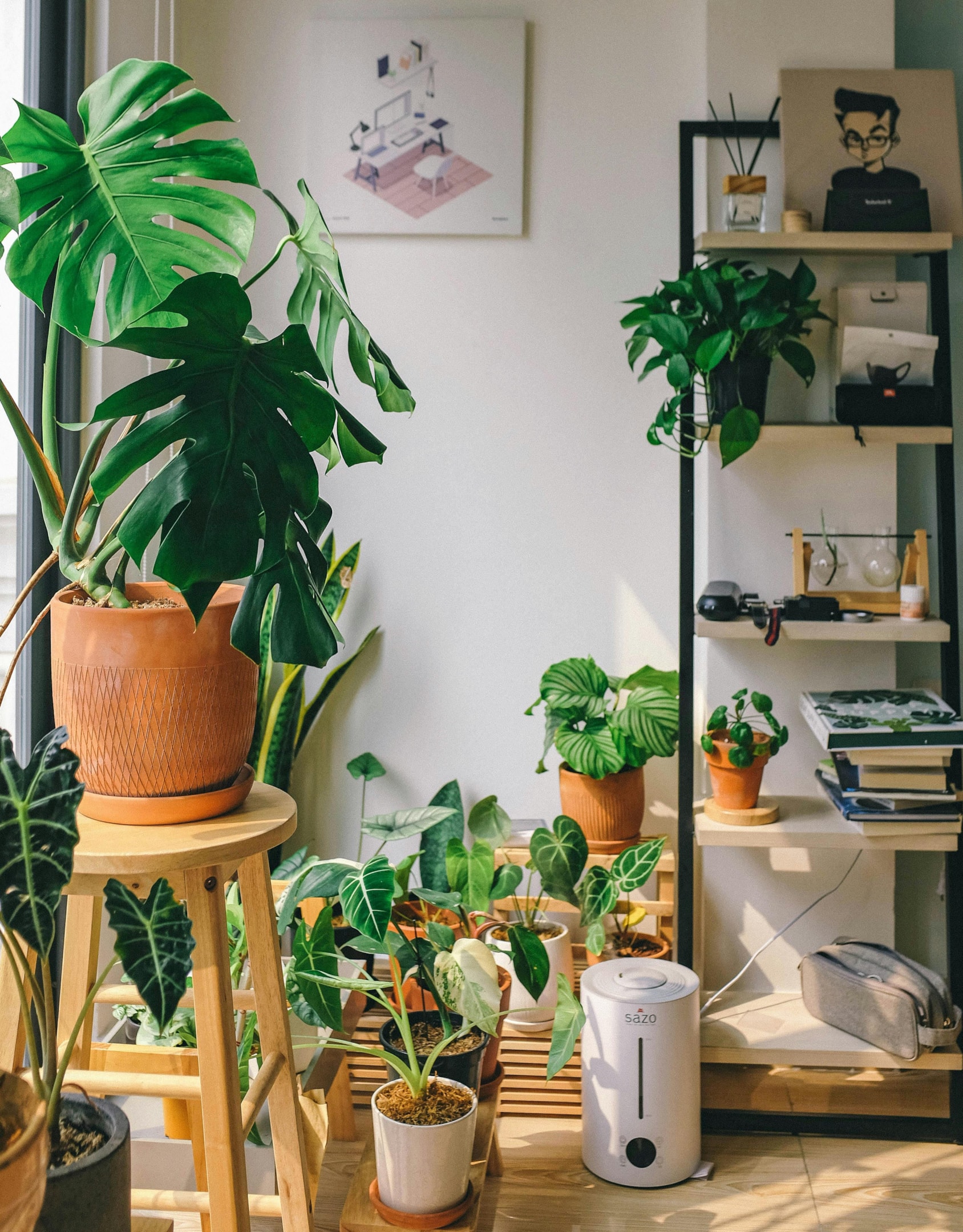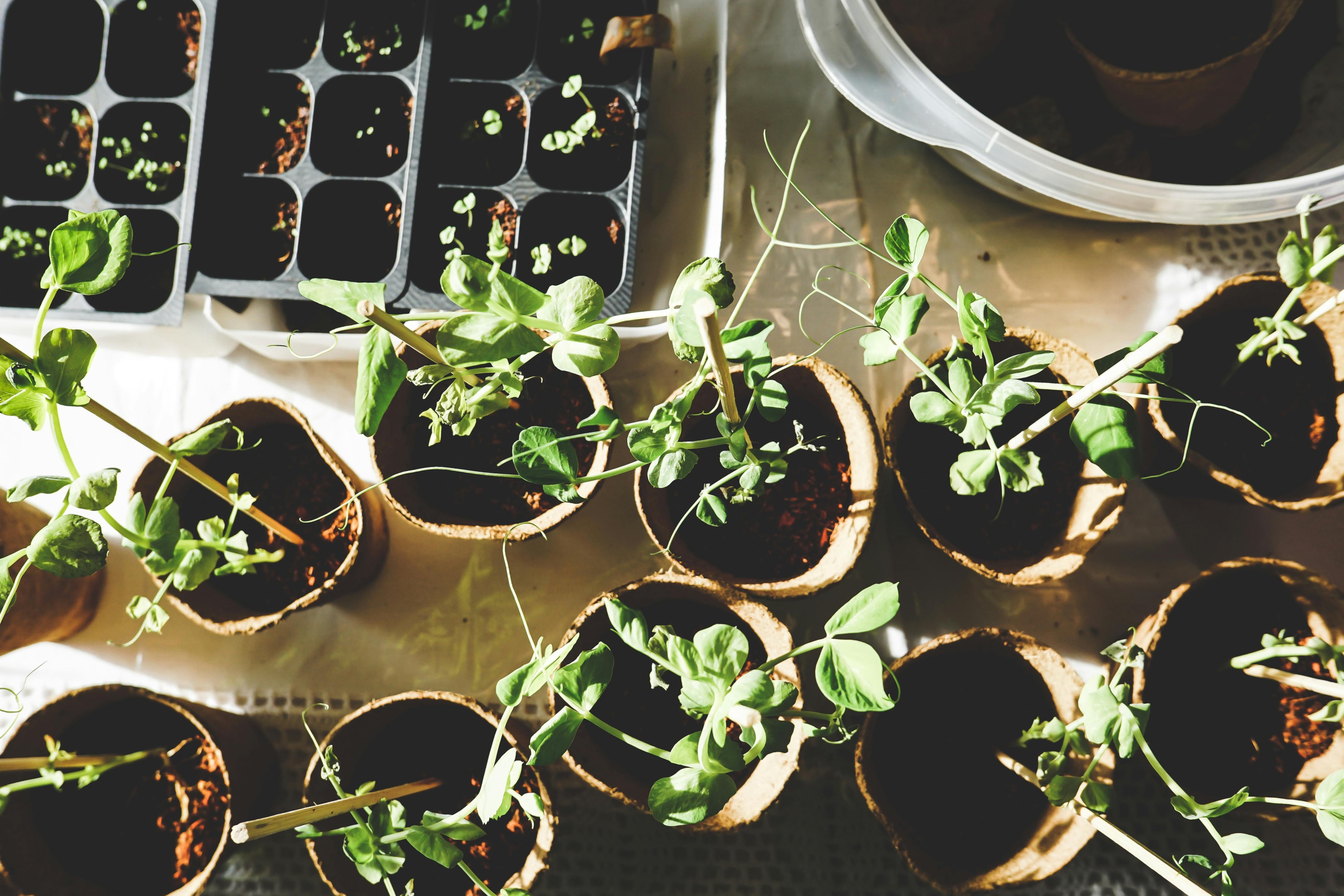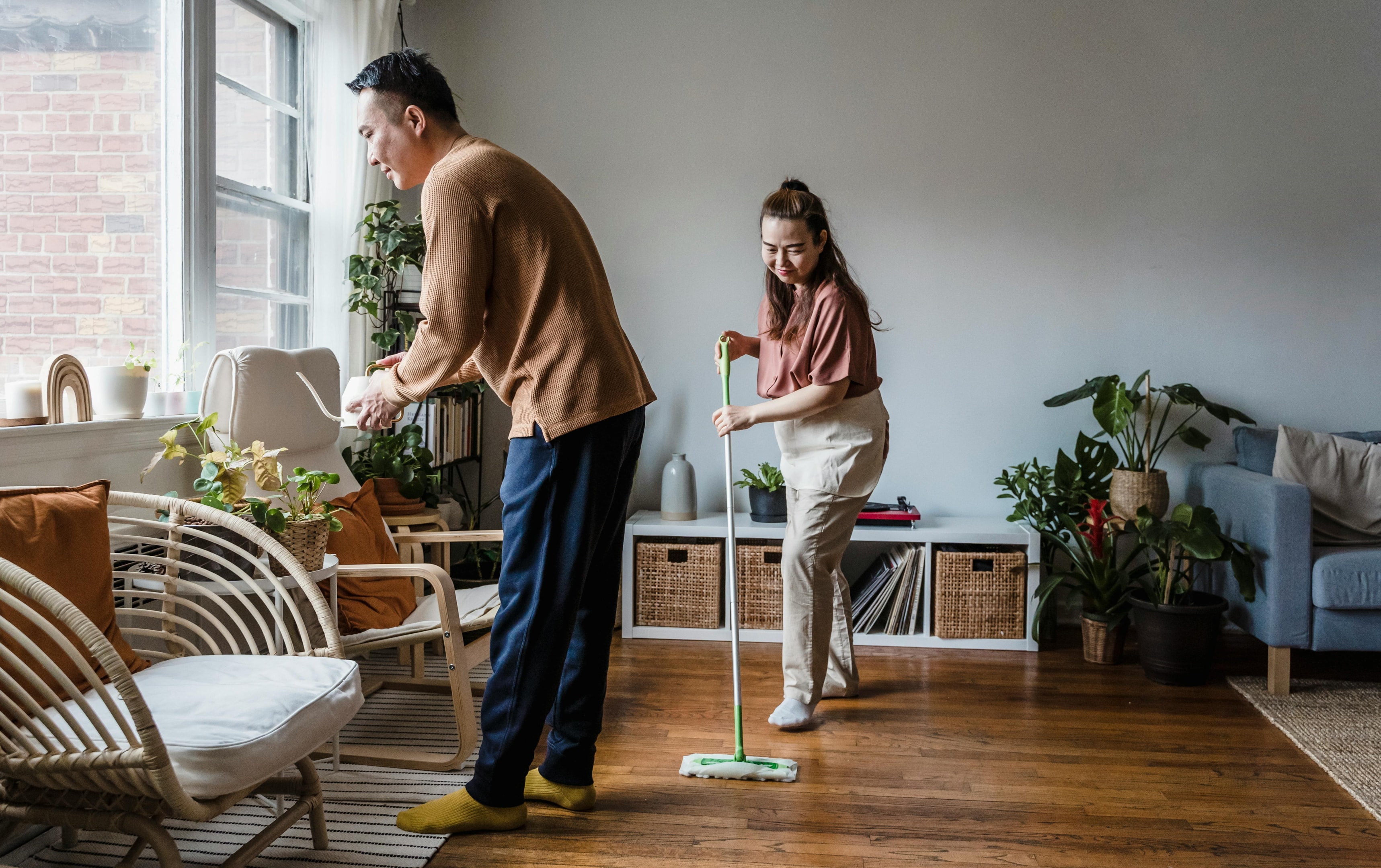Environmental Toxins
Top 10 Tips on How to Minimize Environmental Toxins in Your Life
Looking to reduce your exposure to harmful environmental toxins? Discover ten practical tips on how to minimize environmental toxins in your life and create a healthier, safer home.
Key Takeaways
- Opt for eco-friendly household products and natural cleaning solutions to reduce exposure to harmful toxins.
- Enhance indoor air quality by using air purifiers, houseplants, and non-toxic cleaners for a healthier living environment.
- Choose organic foods, filter drinking water, and minimize pesticide use to protect your health and support a sustainable lifestyle.
Choose Safer Household Products
When it comes to household products, many of us unknowingly expose ourselves to toxic chemicals that can linger in the air and on surfaces. Conventional cleaning products often release volatile organic compounds (VOCs), which can have long-lasting health effects on your family. Fortunately, opting for eco-friendly cleaning products can significantly reduce these harmful toxins in your home.
Look for products with certifications like ‘Safer Choice’ or ‘EWG Verified’ to ensure they have reduced toxicity. Natural cleaning ingredients such as white vinegar and baking soda are not only effective but also biodegradable, minimizing environmental impact. These simple swaps reduce exposure to harmful chemicals, creating a safer environment for everyone at home.
Children are particularly vulnerable to the dangers posed by toxic cleaning substances due to their developing bodies and behaviors. Choosing fragrance-free and chemical-free products significantly benefits your family’s health. Remember, small changes can lead to big improvements in reducing exposures to toxic chemicals in your home.
Improve Indoor Air Quality
Indoor air quality is a crucial aspect of human health that often goes overlooked. Opening windows regularly introduces fresh air and decreases indoor air pollutants. This practice reduces exposure to harmful chemicals and improves air quality.
Using air purifiers with certified filters can remove nearly 98% of allergen particles, leading to improved respiratory health and reduced asthma symptoms. Houseplants are another great way to enhance indoor air quality as they absorb carbon dioxide and release oxygen while also filtering out certain pollutants. These natural solutions can make a big difference in reducing air pollution inside your home.
Choosing cleaning products without harsh chemicals or synthetic fragrances reduces respiratory issues and allergic reactions. VOCs, including formaldehyde, are common in many household items and can significantly contribute to poor indoor air quality. By choosing non-toxic cleaners and low-VOC products, you can create a healthier indoor environment for your family.
Avoid Plastic Containers
Plastic containers are ubiquitous in modern life, but they often contain harmful chemicals like BPA and phthalates. BPA, found in hard plastics, can leach into food and liquids, especially when heated. Phthalates, used to make plastics flexible, can also migrate into food items, posing health risks. Additionally, plastic bottles are a common source of these harmful substances.
To reduce your exposure to these toxic chemicals, opt for glass or stainless steel containers. These materials do not leach harmful substances and are safer alternatives for food storage. Additionally, be mindful of the recycling codes on plastic products; codes 1 or 7 may contain BPA, while codes 2, 4, and 5 are generally safer.
Switching to BPA-free and phthalate-free products can significantly reduce exposures to these harmful chemicals. These changes ensure your food and drinks are free from toxic substances, contributing to better health.
Eat Organic Foods
Adopting an all-organic diet can profoundly impact your health. Studies have shown that consuming organic foods can significantly decrease pesticide levels in the human body, with an average reduction of 60% over just six days. This reduction in exposure to harmful chemicals can lead to better health outcomes.
Eating organic foods lowers exposure to pesticide residues commonly found in conventional agricultural practices. Pesticides like organophosphates and neonicotinoids, which pose potential health risks, are significantly reduced in organic produce. A notable decrease in specific pesticide compounds, including a 95% reduction in malathion, a probable carcinogen, has been observed in individuals who switch to organic foods.
The benefits of eating organic go beyond just reducing exposure to pesticides; it also promotes overall well-being and supports sustainable agricultural practices. Choosing organic protects your health and contributes to a healthier environment.
Filter Your Drinking Water
A good water filter reduces toxic exposures in your home. The type of water filter you choose depends on the specific contaminants you wish to eliminate, such as chlorine or lead. Reverse osmosis systems are highly recommended for areas with high lead levels, as they effectively remove this harmful contaminant.
Activated carbon filters are excellent for removing organic contaminants that affect the taste and odor of water. Granular activated carbon (GAC) filters are designed to capture chlorine and heavy metals, while solid block filters are more efficient at trapping pesticides and other harmful substances. Using cold water can enhance the effectiveness of these filters and reduce the risk of bacterial growth.
Filtering your drinking water reduces exposure to harmful chemicals, ensuring clean, safe water for your family. This simple step can make a big difference in your overall health.
Minimize Use of Pesticides
Using lawn pesticides can expose your family to harmful chemicals that may have adverse health effects. Reducing these toxic substances creates a safer environment for children and pets. Consider using natural alternatives like neem oil, vinegar, and essential oils to keep pests at bay.
Organic gardening methods, such as companion planting and attracting beneficial insects, can naturally control pests without the need for harmful chemicals. These practices not only protect your health but also support a healthier ecosystem. Adopting natural pest control methods can significantly reduce your exposure to toxic chemicals and contribute to a safer and more sustainable environment.
By minimizing pesticide use, you can protect your reproductive health and reduce the risk of hormone disruption caused by certain chemicals. This approach also helps to eliminate air pollution and other contaminants, creating a healthier living space for you and your family.
Clean Safely
Cleaning your home safely can significantly reduce health risks associated with exposure to toxic chemicals. Common ingredients for homemade cleaners, such as vinegar and baking soda, are effective and non-toxic. These natural cleaning products do not release harmful volatile organic compounds (VOCs) into the air, making them a safer choice for your family.
For disinfection, consider using safer alternatives like hydrogen peroxide and citric acid instead of harsher chemicals. Homemade cleaning solutions reduce exposure to harmful chemicals and decrease packaging waste. Adopting these practices creates a healthier, more sustainable home.
Be Cautious with Building Materials
The materials used in building and renovating your home can significantly impact indoor air quality. Low-VOC paints minimize indoor air pollution and protect health. Low-VOC paints are available in both oil-based and latex formulations, with latex generally being less toxic.
Opt for flooring made from materials like concrete and recycled tile to reduce formaldehyde levels in your home. FSC-certified wood products are also a good choice as they are sourced sustainably and typically contain lower levels of formaldehyde. Selecting low-emitting materials reduces exposure to hazardous substances, creating a healthier living environment.
Keep Dust Under Control
Keeping dust under control is crucial because household dust can contain harmful chemicals and allergens. Using a vacuum with a HEPA filter can effectively minimize dust exposure. Regular vacuuming, at least once or twice a week, helps lower allergen levels and improve overall indoor air quality.
Dust surfaces with a damp cloth to help trap dust and prevent it from becoming airborne. This practice significantly reduces indoor air pollution. Washing bedding and stuffed toys at high temperatures weekly can also effectively kill dust mites and reduce allergen levels.
Reducing dust creates a cleaner, healthier living environment. This practice not only improves air quality but also contributes to better overall health.
Stay Informed
Staying informed about environmental hazards is crucial for making informed decisions that protect your health. Reliable information on environmental hazards can often be found through local health departments and government initiatives aimed at managing chemical risks. Educating yourself about common toxic substances and their health effects is essential.
Continuously educating yourself and consulting trusted sources can help minimize your exposure to environmental toxins. Staying updated with the latest information helps you make informed choices and reduce exposure to harmful chemicals.
Summary
In summary, taking steps to minimize environmental toxins in your life can have a profound impact on your health and well-being. By choosing safer household products, improving indoor air quality, avoiding plastic containers, eating organic foods, filtering your drinking water, minimizing the use of pesticides, cleaning safely, being cautious with building materials, keeping dust under control, and staying informed, you can create a healthier living environment for you and your family.
Remember, small changes can lead to big improvements. By implementing these tips, you can take control of your environment and reduce your exposure to harmful chemicals. Make informed choices and take proactive steps towards a toxin-free life.
Frequently Asked Questions
Why is it important to choose safer household products?
Choosing safer household products is crucial for protecting your family’s health by reducing exposure to harmful toxins and VOCs. Make the switch to eco-friendly options and create a safer, healthier home for everyone!
How can I improve indoor air quality in my home?
Improving your indoor air quality is achievable by regularly ventilating your home with fresh air and using air purifiers with certified filters. Additionally, consider adding houseplants to help absorb carbon dioxide and create a healthier environment!
What are the benefits of avoiding plastic containers?
By avoiding plastic containers, you protect your health from harmful chemicals like BPA and phthalates that can leach into your food and drinks. Embrace glass or stainless steel options for a safer, healthier lifestyle!
Why should I eat organic foods?
Eating organic foods can boost your health by lowering pesticide exposure and promoting sustainable farming. Make the choice for your wellbeing and the planet!
How can I stay informed about environmental hazards?
Stay informed about environmental hazards by regularly checking updates from local health departments and government initiatives. By educating yourself about toxic substances, you can better protect your health and the environment around you!





